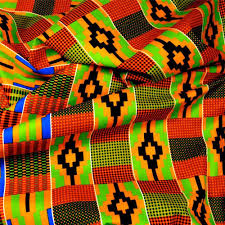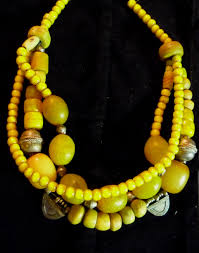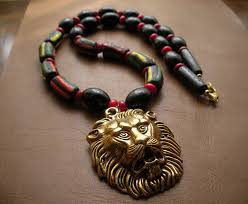eBay starts selling African products for U.S. customers
BY ALAN GREEN
As of this week, African goods are available to American consumers on eBay thanks to a welcomed partnership between the e-commerce giant and MallforAfrica.com.
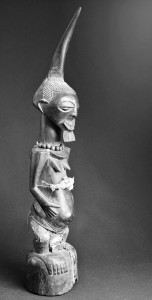 The new initiative is starting with products in four categories on eBay’s U.S. shopping site: fashion, art, jewelry, and clothing. Participating countries so far are Nigeria, Kenya, Ghana, South Africa, and Burundi. MallforAfrica is responsible for selecting the sellers and handling payments on its platform, with DHL being the shipping partner.
The new initiative is starting with products in four categories on eBay’s U.S. shopping site: fashion, art, jewelry, and clothing. Participating countries so far are Nigeria, Kenya, Ghana, South Africa, and Burundi. MallforAfrica is responsible for selecting the sellers and handling payments on its platform, with DHL being the shipping partner.
This partnership between eBay and MallforAfrica should come as no surprise. Last year, the two e-commerce operators launched the eBay Powered by MallforAfrica platform that enabled U.S. vendors to sell in Africa. eBay’s General Manager for Latin America and U.S. exports, Sylvie de Wever, told TechCrunch:
“A year ago our focus was about how we could work with a partner to overcome shipping, payment, and trade barriers to offer eBay’s selection in Africa.”
She added:
“If you think about our purpose, which is connecting millions of buyers and sellers around the world and creating economic opportunity, it makes sense to open up the American market to sellers in Africa.”
Wever points out the significance of the business opportunity for Africa:
“This is very much about expanding the reach of African sellers, enabling their platforms, and allowing them to earn and compete globally.”
MallforAfrica Folayan echoes that by adding:
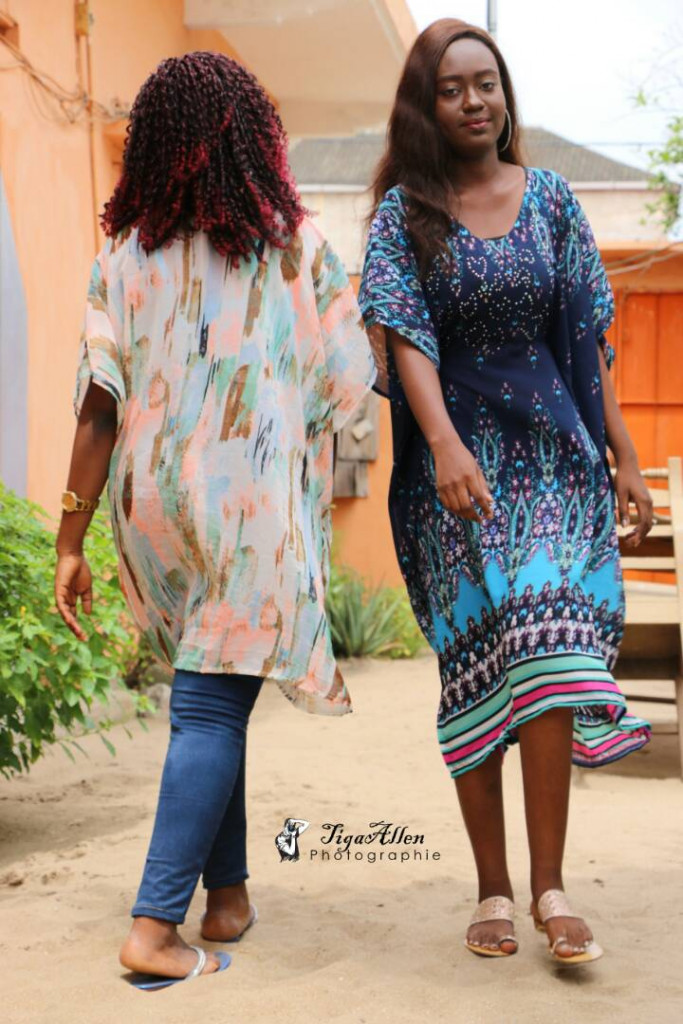 “We’re going to help Africans get on the e-commerce roadmap and make sure people see there are amazing products coming out of Africa.” “The end-result,” he added, “is not just artisans getting known, it’s about giving them a platform to expand their businesses, to make money, to send their kids to school, to impact their families.”
“We’re going to help Africans get on the e-commerce roadmap and make sure people see there are amazing products coming out of Africa.” “The end-result,” he added, “is not just artisans getting known, it’s about giving them a platform to expand their businesses, to make money, to send their kids to school, to impact their families.”
More African countries are expected to be added to the five that are so far in the program. The key criteria, the companies’ spokespersons say, is that the products be made in Africa.
MallforAfrica’s CEO, Chris Folayan told TechCrunch:
“The main criteria are that the products be made in Africa and quality―making sure it’s a quality product that we can ship within the categories selected.”
To ensure that, the two partner companies have set up a new association, the Africa Made Product Standards (AMPS) to verify the made-in-Africa status of the goods as well as their standards.


